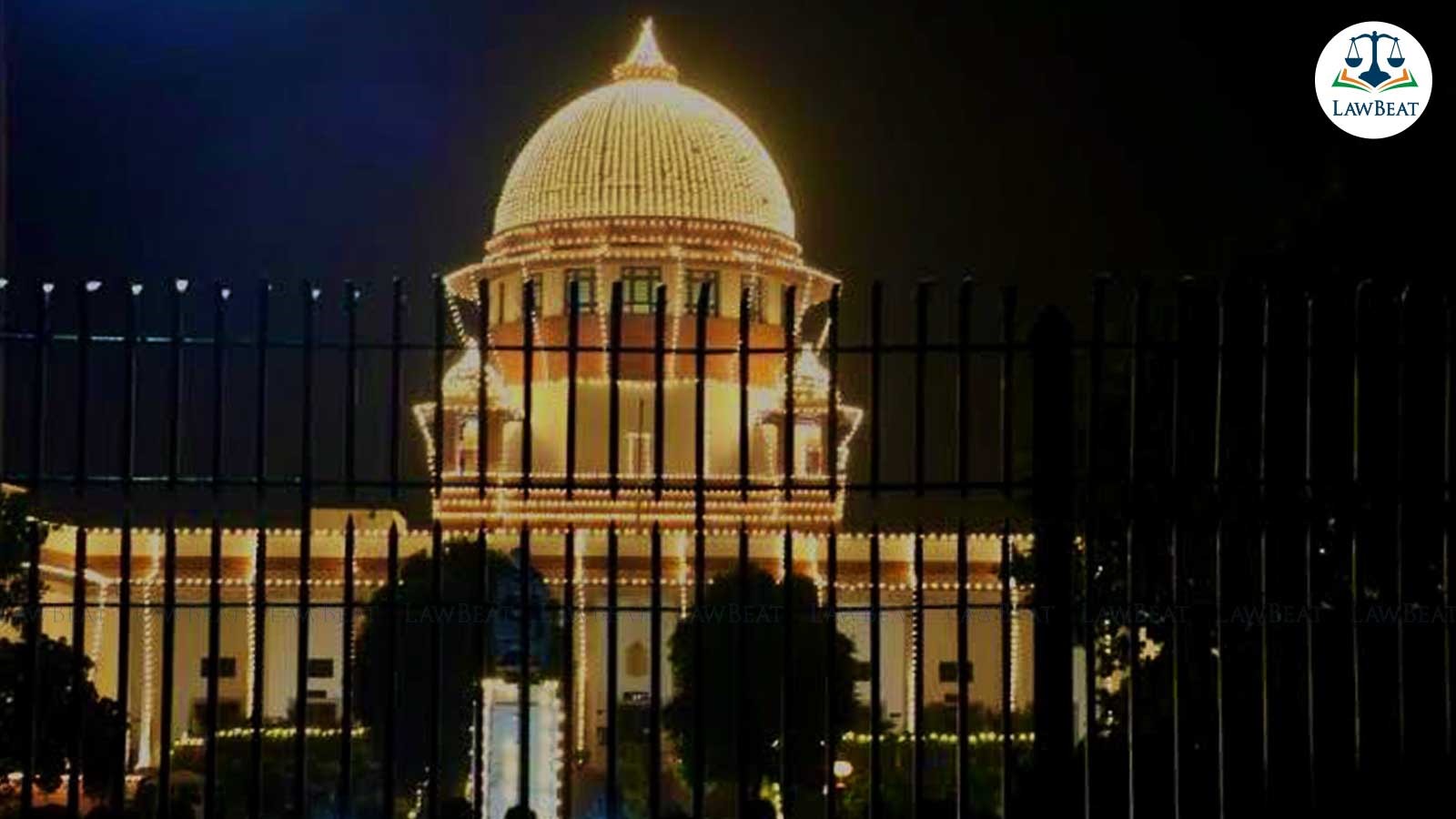Incumbent upon courts to uphold sanctity of legal framework governing stamp duty: SC

Supreme Court has said that the legislature casts a duty on the courts to ensure that adequate stamp duty is paid
The Supreme Court has said that it is incumbent upon the courts to uphold the sanctity of the legal framework governing stamp duty.
Court said that the same is crucial for the authenticity and enforceability of instruments. It also emphasised that allowing an instrument with insufficient stamp duty to pass unchallenged, merely due to technicalities, would undermine the legislative intent and the fiscal interests of the state.
A bench of Dipankar Datta and Pankaj Mithal said that “the courts ought to ensure that compliance with all substantive and procedural requirements of a statute akin to the 1957 Karnataka Stamp Act are adhered to by the interested parties”.
"This duty of the court is paramount, and any deviation would set a detrimental precedent, eroding the integrity of the legal system. Thus, the court must vigilantly prevent any circumvention of these legal obligations, ensuring due compliance and strict adherence for upholding the rule of law," the bench said.
The court here dealt with substantial question arising for decision in a civil appeal whether upon admission of an instrument in evidence and its marking as an exhibit by a court (despite the instrument being chargeable to duty but is insufficiently stamped), such a process can be recalled by the court in exercise of inherent powers saved by section 151 of the Code of Civil Procedure for the ends of justice or to prevent abuse of the process of the court.
Appellant G M Shahul Hameed assailed the Karnataka High Court's order of September 26, 2011, which set aside the order of October 19, 2010 passed by the Court of Additional Senior Judge-III, Mangalore and allowed the petition preferred by the respondent, Jayanthi R Hegde under Article 227 of the Constitution.
With regard to a sale deed, the trial court directed the respondent to pay the deficit stamp duty, along with the penalty, as required for a power of attorney under article 41(eb) of the Schedule to the 1957 Act.
The High Court, however, allowed the challenge to the trial court's order.
The apex court while referring to Section 35 of the 1957 Act that once an instrument has been admitted in evidence, then its admissibility cannot be contested at any stage of the proceedings on the ground of it not being duly stamped. A fortiori, it would follow that any objection pertaining to the instrument’s insufficient stamping must be raised prior to its admission, it said.
The bench held that for all purposes and intents the trial court passed the order in exercise of its inherent power saved by Section 151, CPC, to do justice as well as to prevent abuse of the process of court, to which inadvertently it became a party by not applying judicial mind as required in terms of sections 33 and 34 of the 1957 Act.
"We appreciate the approach of the trial court in its judicious exercise of inherent power," the bench said.
The court thus found no error in the trial court's order.
It held that the trial court did have the authority to revisit and recall the process of admission and marking of the instrument, not in the sense of exercising a power of review under section 114 read with Order XLVII, CPC but in exercise of its inherent power saved by Section 151 thereof.
In its judgment, the bench emphasised, "We may not turn a blind eye to the fact that the revenue would stand the risk of suffering huge loss if the courts fail to discharge the duty placed on it per provisions like section 33 of the 1957 Act. Such provision has been inserted in the statute with a definite purpose."
It pointed out the legislature has reposed responsibility on the courts and trusted them to ensure that requisite stamp duty, along with penalty, is duly paid if an unstamped or insufficiently stamped instrument is placed before it for admission in support of the case of a party.
Having restored the trial court's order, the bench said since proceedings of the civil suit remained stalled because of pendency of this appeal, it should proceed expeditiously and in accordance with law.
